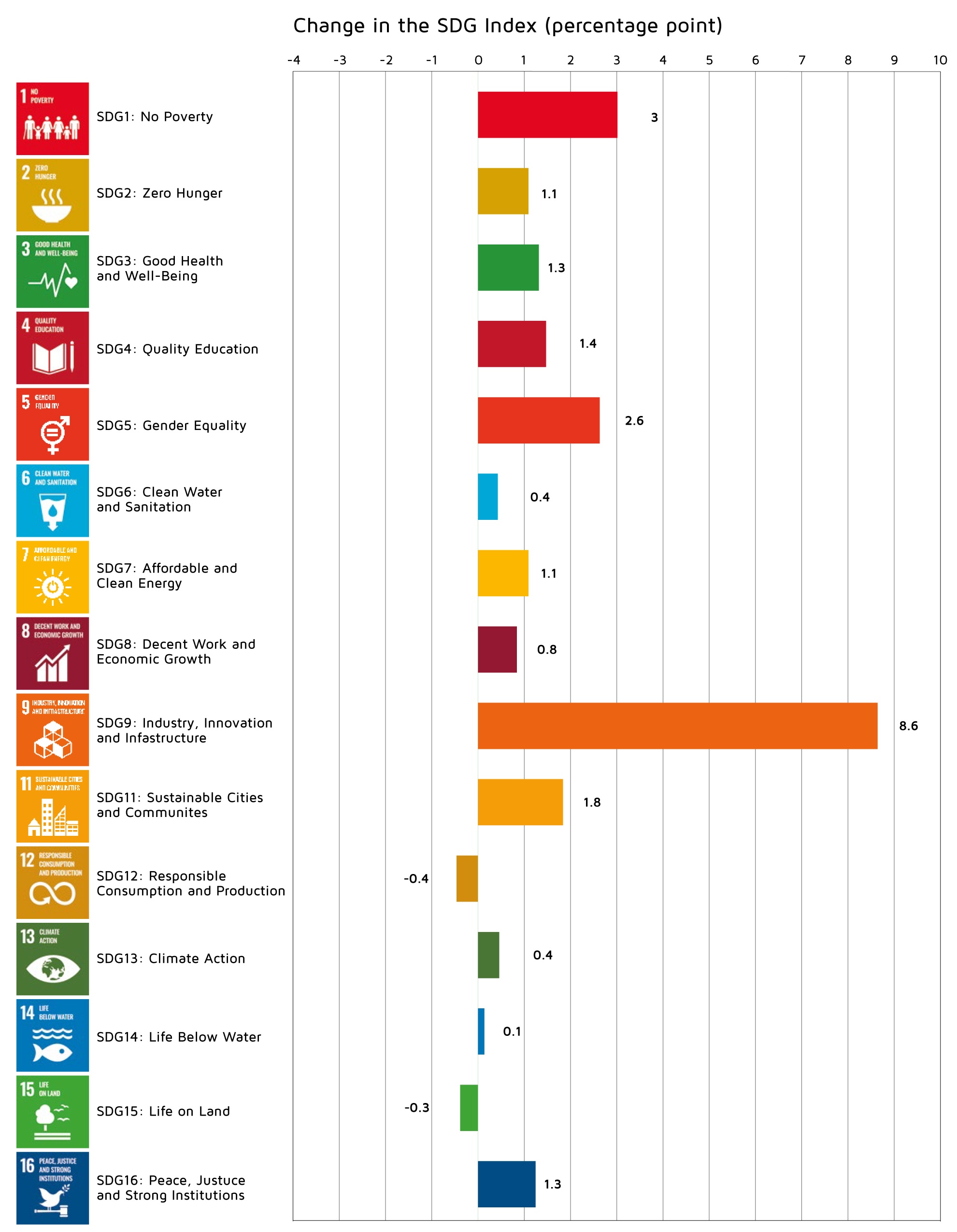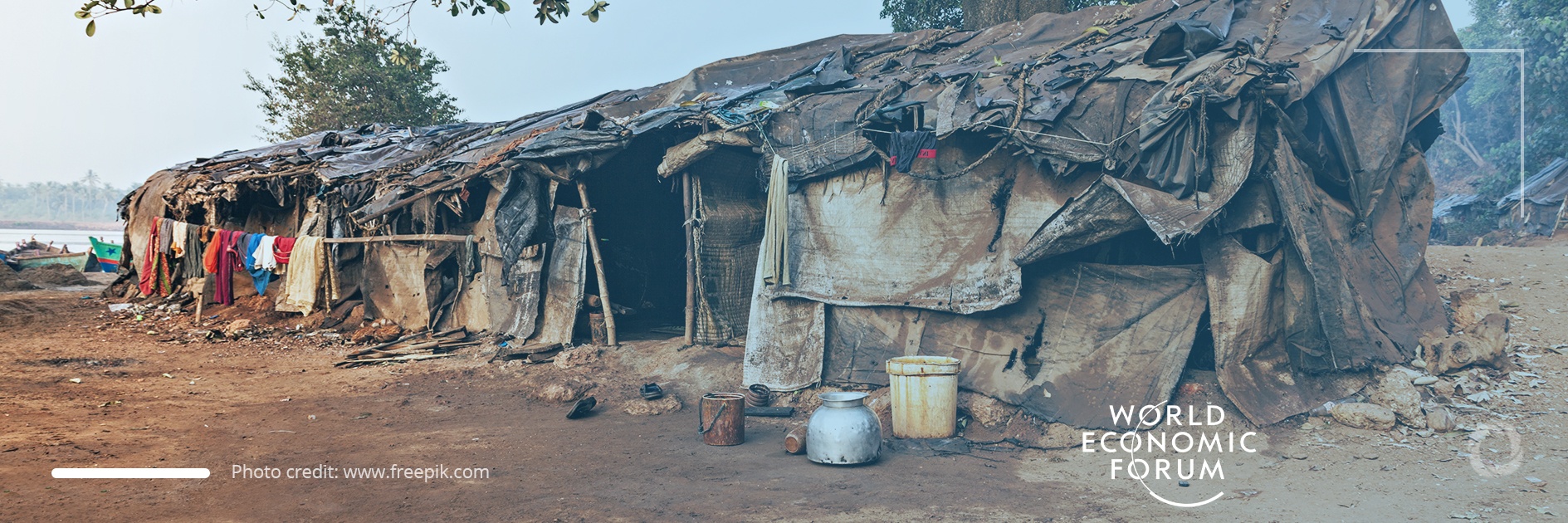The pandemic has wiped away decades of achievements made towards the eradication of poverty and hunger and recovery is also expected to be unequal across countries. Against this background, a briefing paper recently published by the World Economic Forum urges there to be a common vision that targets the building of sustainable and inclusive paradigms to secure a better recovery.
The coronavirus pandemic has exacerbated the already existing inequalities around the world and eradicated century-long efforts towards a reduction in poverty and famine. Vulnerable members of societies have been abruptly pushed out of labor markets while asset owners, despite a temporary reduction in wealth, have experienced a rapid recovery. Moreover, the economic recovery from the pandemic is uneven across countries since not everyone and everywhere has access to vaccine shots. Furthermore, the SDG Index created by the UN Sustainable Development Solutions Network declined greatly in 2020 due to the increased poverty rates and unemployment across countries. Before the pandemic, countries had recorded significant progress towards SDG 1 – no poverty, reducing global extreme poverty rates by 1.4 percentage points. Progress, however, has since been obstructed by the pandemic.
Fig.1. Global progress by Sustainable Development Goal (SDG), 2015-2020

At the same time, the briefing paper titled, “Shaping an Equitable, Inclusive and Sustainable Recovery: Acting Now for a Better Future”, claims that the pandemic has brought hope, making it clear that “building back better and broader” is now both urgent and more feasible. Therefore, the paper sets out the key elements necessary for a resilient and inclusive recovery. The authors of the publication, Klaus Schwab, Executive Chairman of the World Economic Forum, and Saadia Zahidi, Managing Director, noted:
“To ‘build back better’ and foster broader economies and societies we need a common vision and common targets for governments and businesses, an immediate broad-based recovery that leaves no one behind, and an urgent shift in our economic and social models to ensure greater sustainability and inclusivity.”
To shift to a broad-based recovery and end rescue, countries should restructure health systems and make the vaccine accessible everywhere with the target of vaccinating a minimum of 40% of the population in every country by the end of 2021 and 60% by June 2022. Furthermore, countries should act jointly, shifting from economic rescue to recovery and ensuring no disruptions in learning for children.
To promote inclusiveness and build better societies, governments should protect the labor force by tackling insecurities and sharing the risks. Furthermore, countries should improve the accessibility, quality, and distribution of educational programs, ensure accessible health and insurance for everyone, tackle wealth accumulation across generations, establish technology-driven markets, review the distributional effect of public finance and apply a stakeholder approach to businesses.
To create a better economy by linking economic development, climate, and biodiversity, countries should increase international investments by almost 2% of annual GDP over the coming years compared to the levels reached before the pandemic, restructure investments that endorse low- and zero-carbon solutions, and speed up the innovation related to low-carbon technologies. When making financial decisions, administrations should take into account the risks related to climate and should recognize the prospects for returns from the shift to a net-zero economy. Essentially, countries should tackle the distributional effects of climate change regulations, ensuring that the benefits are shared widely and support those impacted the most seriously.

